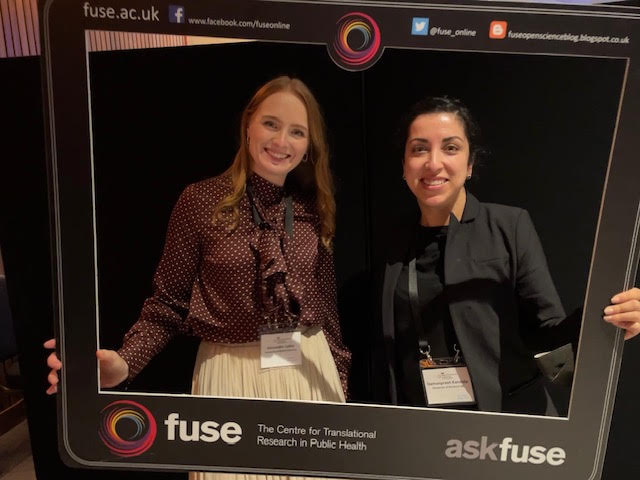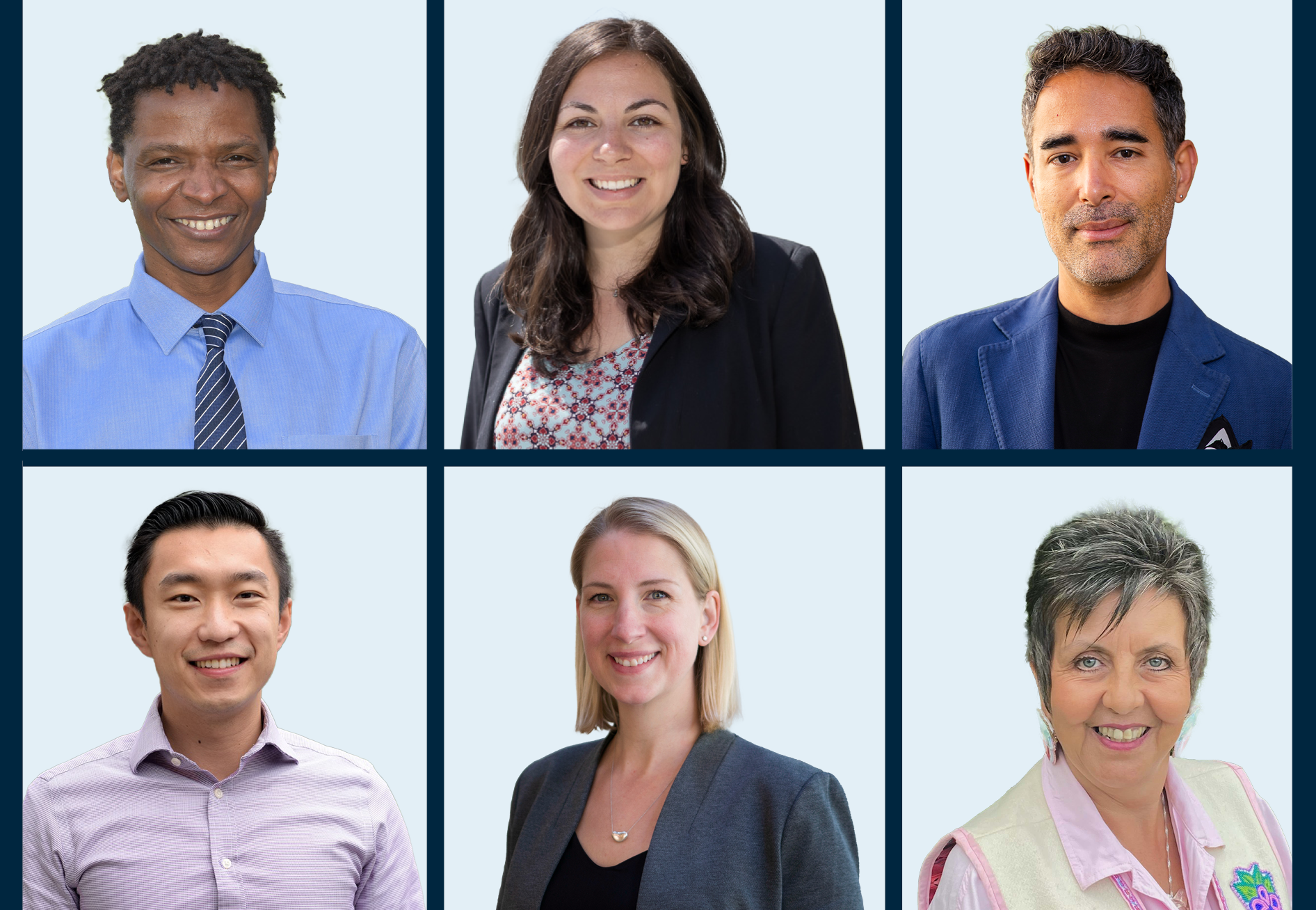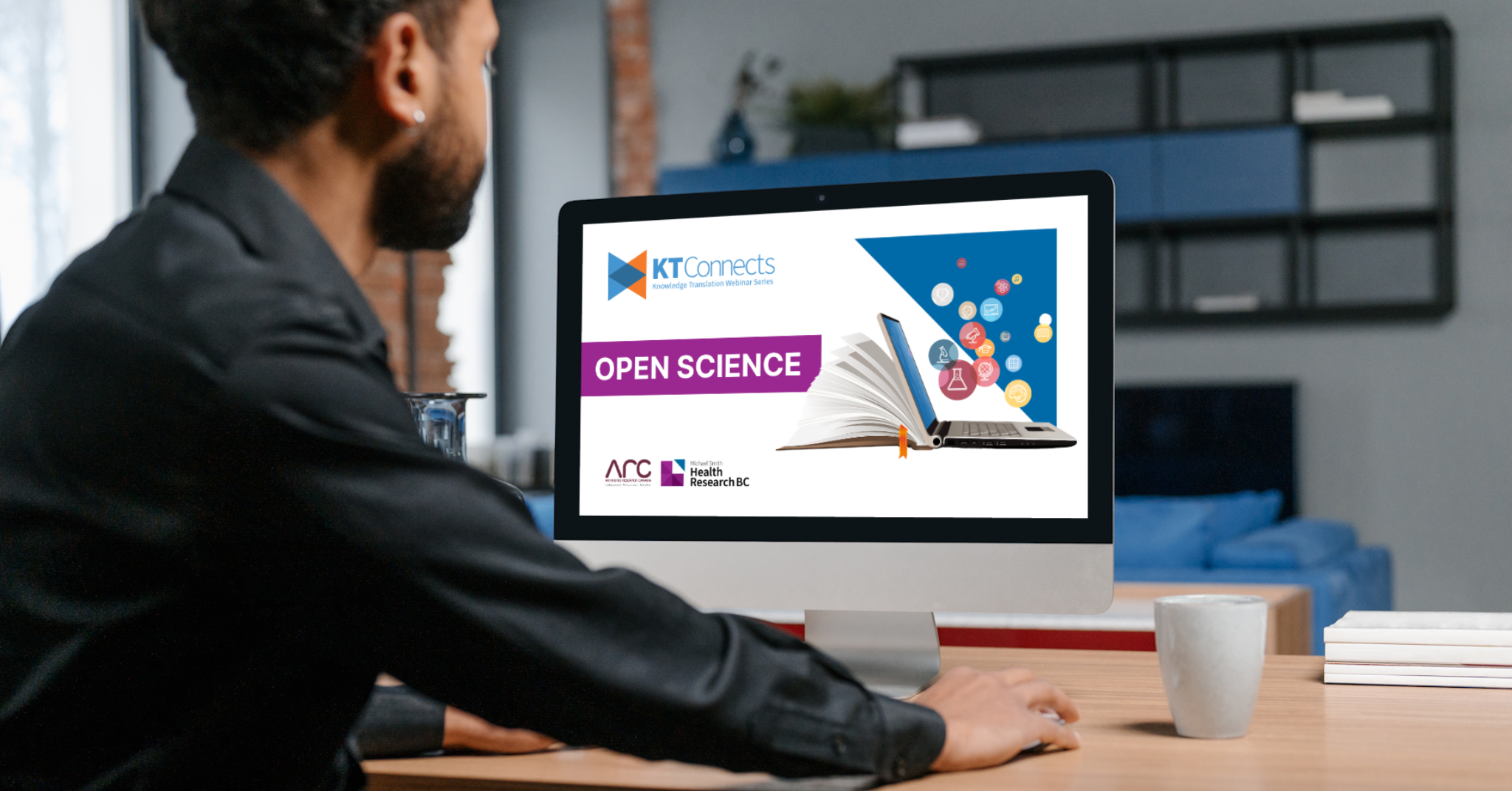Reflections from “Learning from Setbacks and Success”: The 5th Fuse International Conference and Knowledge Exchange
12 September 2022

After a two-year delay due to the COVID-19 pandemic, two BC-based trainees brought their research to an international audience at the 5th Fuse International Conference, held in the UK. Focused on knowledge exchange in public health, Fuse offers an opportunity for participants to showcase research and cross-sector collaborations from BC, as well as return with learnings from other jurisdictions.
Michael Smith Health Research BC supported Alex Lukey and Daman Kandola (pictured above) to attend by covering their travel expenses.
The conference was held in the city of Newcastle, which hints at a touch of irony since the castle for which the town is named is nearly 950 years old. Castles aside, the Fuse conference organizers planned a conference with future-focused discussions on pressing topics in public health knowledge exchange.
In this blog, Daman and Alex reflect on their biggest takeaways from the conference that focused on learning from setbacks and success.
Alex’s Takeaways
The keynote address was by Dr. Vicky Ward, from the University of St. Andrews, titled “Fundamental mistakes in knowledge translation: Reflections on the past 15 years”. I thought her discussion on how terminology can hide assumptions was something that we don’t discuss enough in science. Science is full of assumptions, and some are dangerous. For example, Dr. Ward discussed how western knowledge systems are taken to be the norm in mainstream science, and how this leads to further entrenching inequalities.
Another highlight was Dr. Jet Bussmaker’s presentation on the intersection of science, policy and public health practice. My key takeaway was the importance of considering the policy implications of a scientific project at the outset. Dr. Bussmaker described how science and policy might start in different places and might even have different goals but are interdependent.
On the final day of the conference, Dr. Paul Iske, self-proclaimed ‘Chief Failure Officer’ of the ‘Institute of Brilliant Failures’ gave an impactful talk about the importance of learning from our failures. He said, “if we knew what we were doing, we wouldn’t call it research!” A prerequisite for this type of learning is a culture of psychological safety which includes leadership that is transparent about their own failures.
I also participated in the Cabaret of Dangerous Ideas, with my presentation on gamifying heart failure patient self-care education. I enjoyed the non-traditional format of interactive presentations that led to lively and engaging discussions between participants and presenters — which is what I believe knowledge exchange is all about.
Daman’s Takeaways
I also enjoyed Dr. Ward’s incredible keynote. What stood out to me the most was also the prioritization of Western knowledge which forms the basis for health policy. For me, this was an important reminder to constantly reflect in my own environment around which and whose knowledge is prioritized, including in my day-to-day working as an evaluator within the health system.
A plenary on tailoring and localizing evidence for knowledge exchange forced me to reflect on the parallels of some of the research I have been involved in, specifically in northern and rural health services. The session included patient partners including Sarah, who summarized co-production best, “You guys (researchers) have the scientific expertise, we (people with lived experience) have lived expertise, and together we can make a difference”.
I had the opportunity to present work from my dissertation on “Navigating collaborative healthcare improvement partnerships: A trainee perspective on the knowledge exchange process”. I was able to share my experience including engaging with varied stakeholders such as patients and decision-makers.
The conference closed with a plenary on “Science and public communication in response to COVID-19.” Insights on how information was shared with the public throughout the course of the pandemic was highlighted including challenges with sometimes conflicting advice, the issue of pre-prints and context, and public trust in science. It is a good reminder to ourselves that science is ever-changing and that while we as a research community may understand this, we need to do a better job at helping the general public understand the scientific process. Also important is that emerging and evolving evidence does not mean science is failing; and in fact, that is science and that is how science is supposed to work! Admitting failures as scientists or being open about what we got wrong with COVID-19 can help with combating misinformation. Course correcting, in light of evidence, instead of holding steadfast in our initial ideas can help save lives!
One of the highlights of this conference was the inclusion of people with lived experience. Fuse went beyond tokenism in that people with lived experience were prominent and present throughout the conference from plenaries to breakout sessions and everything in between. A true testament to walking the talk when it comes to coproduction and knowledge exchange.
Final thoughts
Both Alex and Daman would like to extend thanks to Michael Smith Health Research BC and the Fuse Conference organizing committee for the opportunity to attend the conference and to share their work.
Alex Lukey, MSN RN, is a PhD student at the School of Population and Public Health at UBC.
Contact Alex — Twitter @alexandralukey Email: alukey@mail.ubc.ca
Damanpreet (Daman) Kandola, MSc PhD, works as a Research and Evaluation Specialist with Northern Health.
Contact Daman — Twitter @KandolaDaman Email: kandola@unbc.ca
Learn about knowledge translation at Health Research BC
Learn more about Fuse





